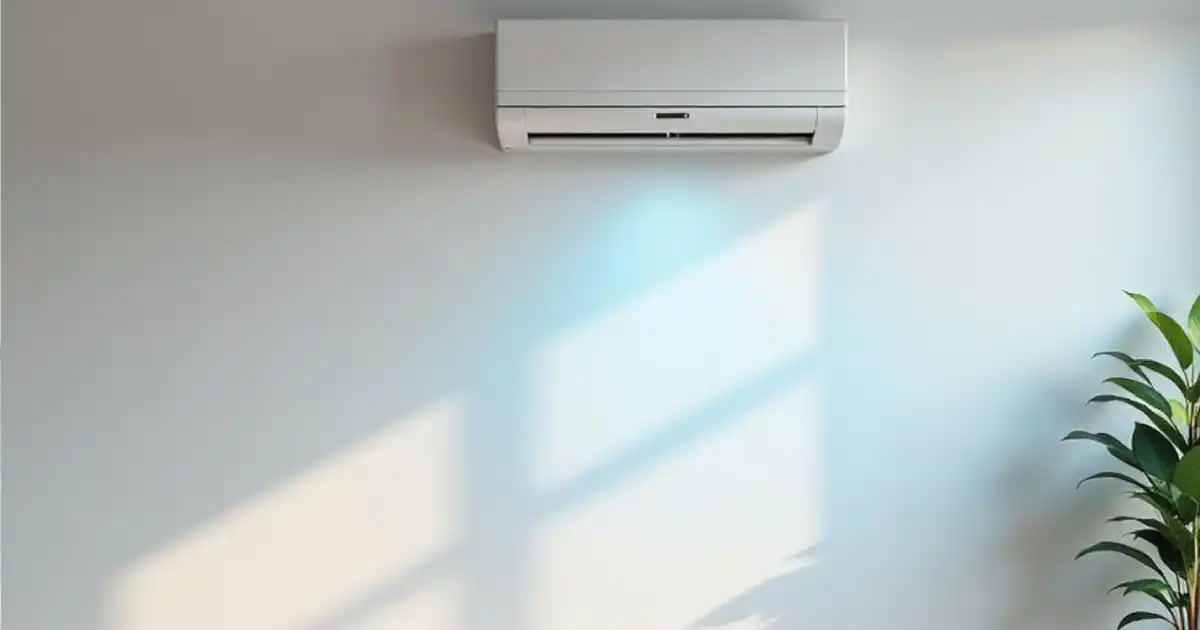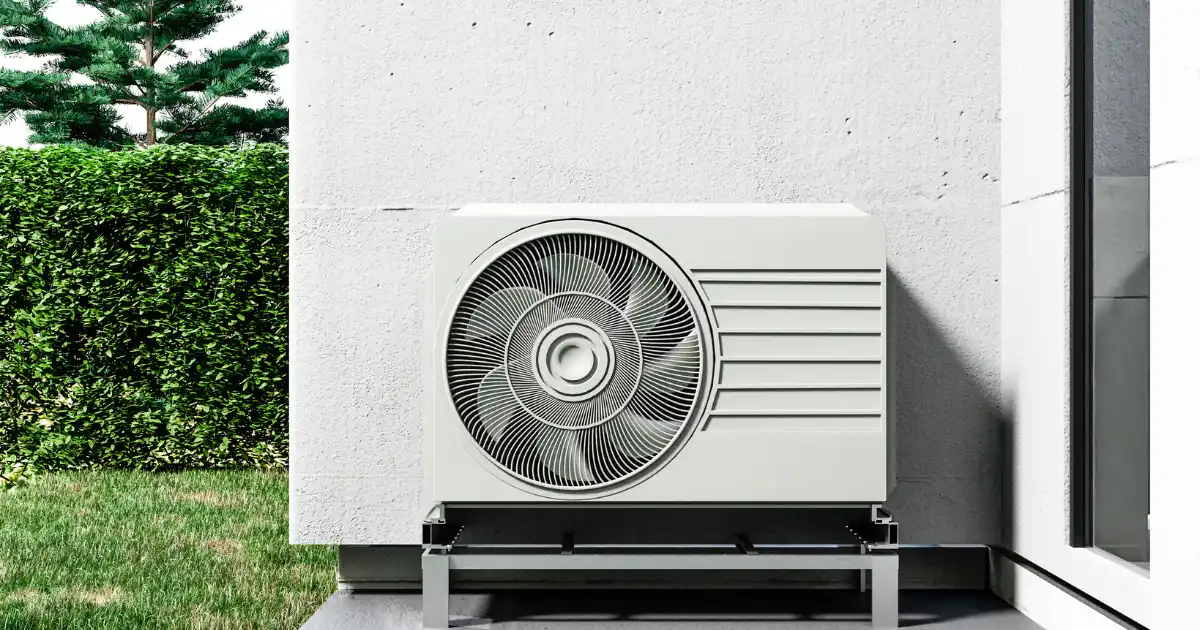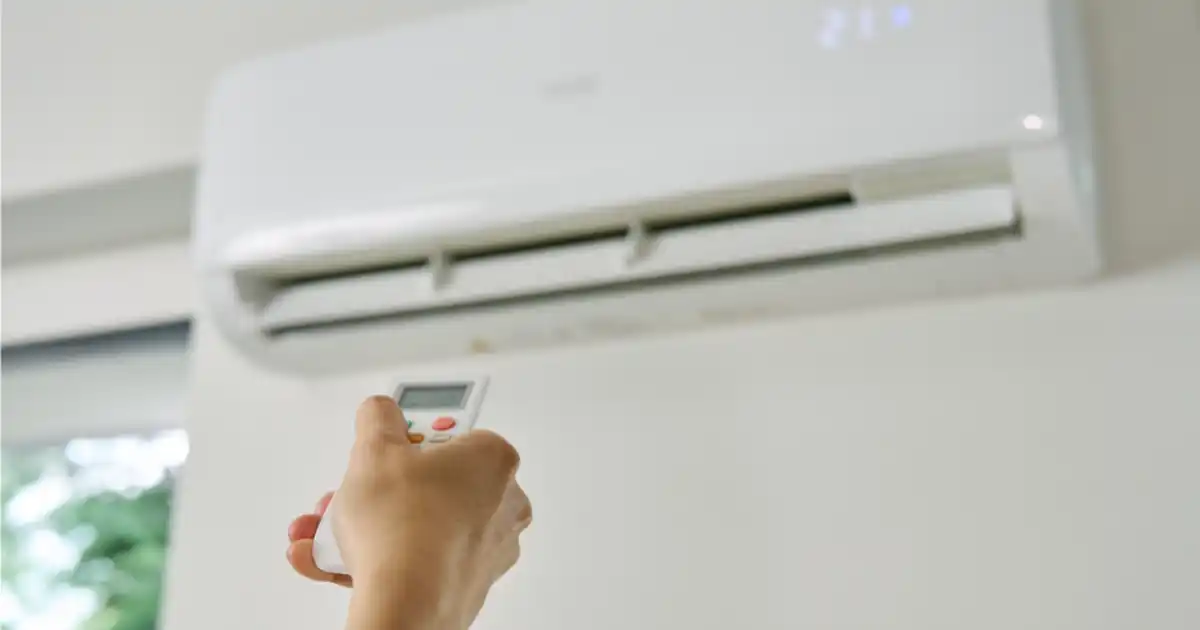At Atmosfair, we understand that the quality of the air you breathe directly impacts your health and well-being. Whether you’re at home, in the office, or out in the world, air quality plays a crucial role in how you feel and how your body functions. Poor air quality, both indoors and outdoors, can cause a range of health issues, from respiratory problems to cardiovascular diseases. Here’s why air quality matters for your health and how you can ensure you’re breathing clean, safe air every day.
The Health Risks of Poor Air Quality
The air we breathe is often filled with pollutants that can cause short-term discomfort and long-term health complications. Dust, pollen, smoke, chemicals, and harmful gases like carbon dioxide and nitrogen dioxide are common air pollutants that affect the quality of the air we breathe. These pollutants can irritate the lungs, cause inflammation, and make breathing difficult.
For those with pre-existing conditions such as asthma, bronchitis, or other respiratory issues, exposure to poor air quality can exacerbate symptoms and lead to serious health concerns. Over time, chronic exposure to poor air quality can even lead to more severe conditions like heart disease, stroke, and lung cancer.
How Air Quality Affects Your Daily Life
Air quality doesn’t just affect people with existing health conditions—it impacts everyone. Even if you don’t have respiratory issues, poor air quality can make you feel sluggish, tired, or unwell. For instance, low-quality air can cause headaches, dizziness, and congestion, while high levels of outdoor pollution can lead to breathing difficulties and allergies.
Additionally, air quality is especially important for vulnerable groups such as children, the elderly, and those with weakened immune systems. Children’s lungs are still developing, which makes them more susceptible to the effects of polluted air. Similarly, the elderly, with their weakened respiratory and immune systems, are at greater risk of complications from poor air quality.
The Importance of Indoor Air Quality
While outdoor air quality is important, the air inside your home or office is just as crucial. Indoor air can be two to five times more polluted than outdoor air, according to studies by the Environmental Protection Agency (EPA). Common indoor pollutants include pet dander, mold, cleaning chemicals, cooking fumes, and tobacco smoke.
At Atmosfair, we recognize that maintaining good indoor air quality is essential for health, which is why we offer advanced air conditioning systems and air purifiers that help filter out harmful particles and improve air circulation. Installing a high-quality air conditioning unit or air filtration system can drastically reduce indoor air pollution and create a healthier living or working environment.
Improving Air Quality for Better Health
There are several ways to improve both indoor and outdoor air quality:
Limit Indoor Pollutants: Avoid smoking indoors, reduce the use of chemical-based cleaning products, and maintain humidity levels to prevent mold and mildew growth. These simple actions can go a long way in improving your indoor air quality.
Use Air Purifiers: Installing an air purifier with a HEPA filter can remove dust, allergens, and particles from the air, helping you breathe cleaner air indoors.
Ensure Proper Ventilation: Proper ventilation helps reduce the accumulation of indoor air pollutants. Make sure to use exhaust fans in kitchens and bathrooms, and open windows when possible to let fresh air circulate.
Invest in High-Efficiency HVAC Systems: Modern air conditioning systems, like the ones offered by Atmosfair, not only provide cooling and heating but also filter the air, helping to maintain better air quality. Our energy-efficient HVAC units come equipped with advanced filtration technologies to ensure a steady flow of clean, fresh air.
Regular Maintenance: Regularly servicing your air conditioning systems, cleaning filters, and replacing worn-out components can ensure your unit continues to function at its best, providing clean, cool air year-round.



